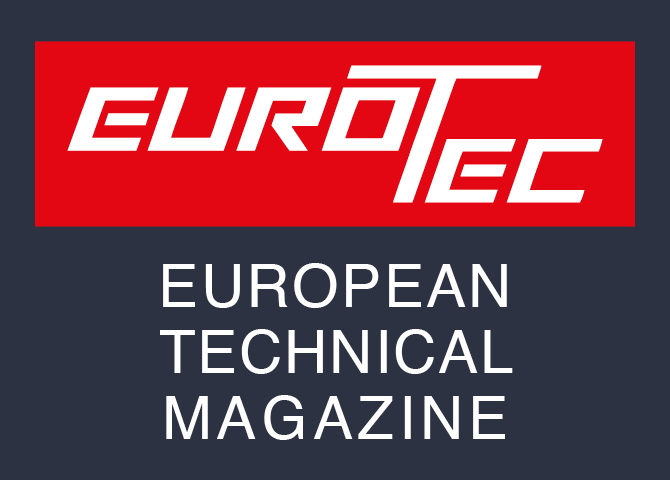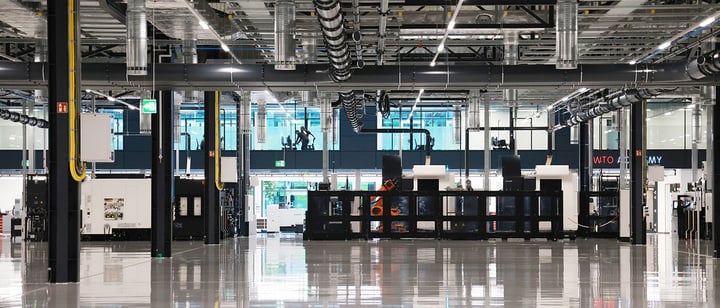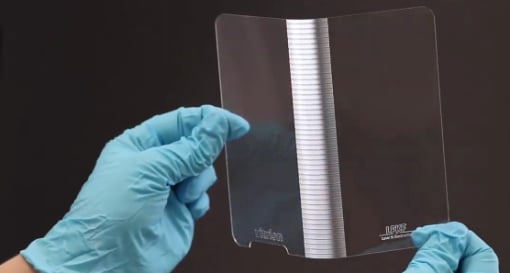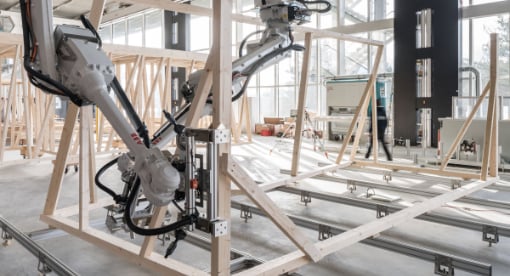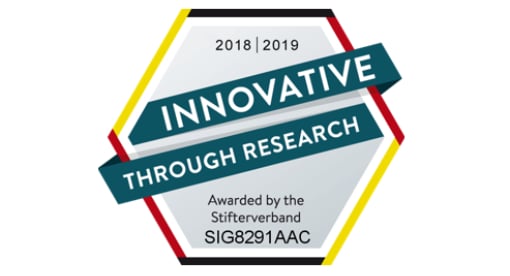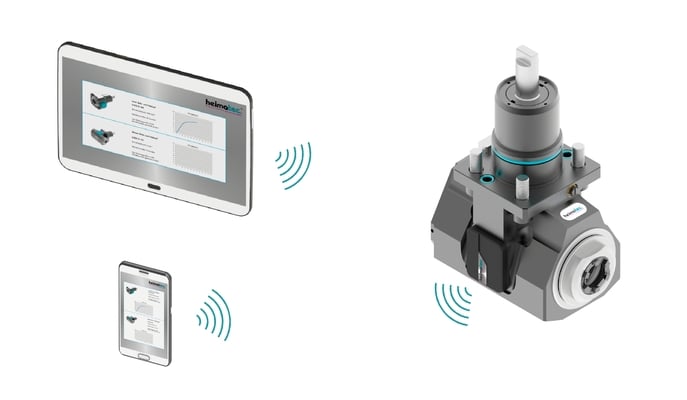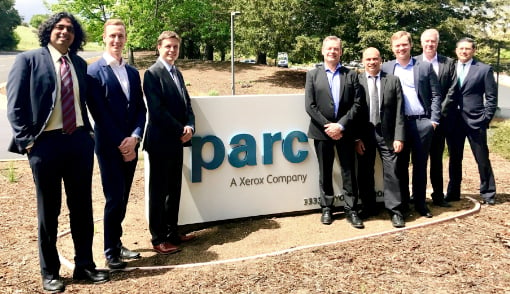A European project has developed the first clinically viable dexterous and sentient prosthetic hand usable in real life. This next-generation medical device heralds a breakthrough for the recovery of hand function after amputation. CSEM has contributed to the development with its ultra-low-power processing and communication technology.
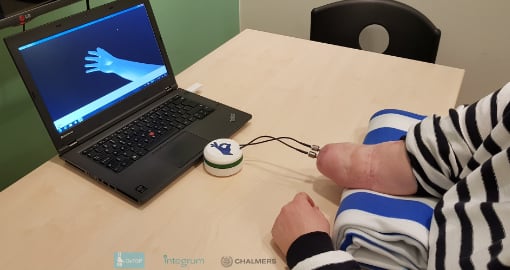
Despite decades of research and development on artificial limbs, amputees currently have to make do with powered prostheses based on 40-year old technology. Reliant on electrodes placed over the skin to extract control signals from the underlying stump muscles, conventional devices deliver limited and unreliable signals. As a result, they allow only a few simple movements, such as opening and closing the hand, and can’t provide tactile or kinesthetic sensation.
CSEM and 10 partners in the EU-funded DeTOP project have developed a novel hand prosthesis based on the richer and more reliable information obtained by implanting and stimulating electrodes in the nerves of the muscle in the stump. The device enables more refined movements as well as the sense of touch. CSEM developed a number of low-power technologies for the project. These include an integrated circuit for both control of the prosthetic hand and collection of sensory feedback as well as a real-time wireless communication protocol.
The new prosthesis combines robotic, sensing and long-term interfacing technologies for the first time. At its core is an osseointegrated human-machine gateway, a bone-anchoring technique that can provide a long-term, stable solution for the direct - and more comfortable and natural - skeletal attachment of limb prostheses. It also enables the bidirectional electrical communication between the prosthesis and the electrodes in the body which underpins the device’s enhanced functionality and feeling.
The innovation is the first of its kind to be usable in daily life. It has already been successfully implanted in a Swedish patient and more implantations are in the pipeline. The project’s novel technologies and clinical implementations have the potential to significantly impact the development of future biologically-inspired machines and spin-out companies. They could also have a major impact for people with a wide range of disabilities by leading to new human-machine interfaces - and better quality of life.
About DeTOP This project is supported by the European Commission under the Horizon 2020 Framework Programme for Research and Innovation (LEIT-ICT-24-2015, GA #687905)
